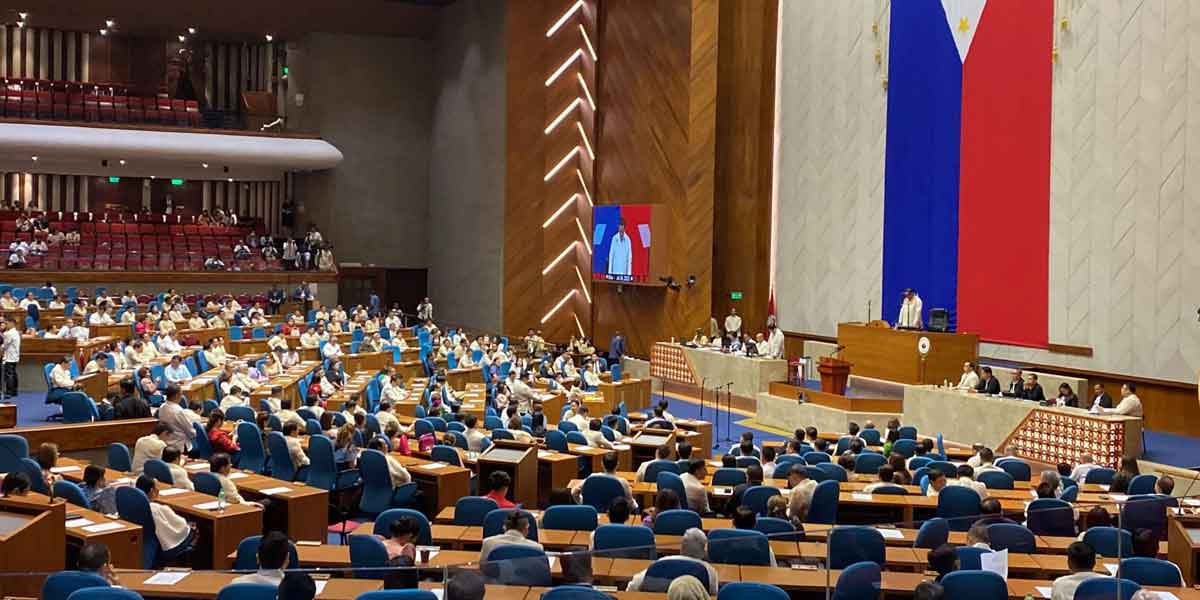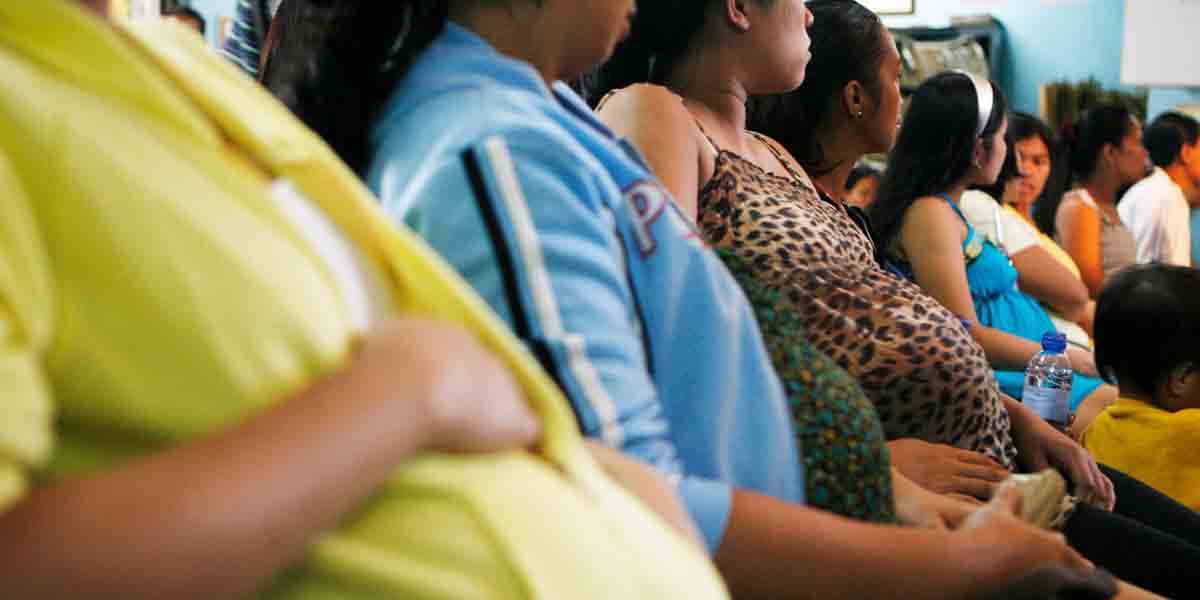
By Joseph Bernard A. Marzan
How did legislators from Region 6 vote on the proposed divorce bill?
Of the 260 votes lodged with the House of Representatives (HOR) on Wednesday, May 23, for House Bill (HB) No. 9349 (Absolute Divorce Act), 19 were from Western Visayas, with 12 voting in favor of the measure and 7 voting against.
In Favor:
– Carlito Marquez (Aklan 1st)
– Greg Gasataya (Bacolod City-Lone)
– Emmanuel Billones (Capiz-1st)
– Janette Loreto-Garin (Iloilo-1st)
– Michael Gorriceta (Iloilo-2nd)
– Lorenz Defensor (Iloilo-3rd)
– Ferjenel Biron (Iloilo-4th)
– Gerardo Valmayor Jr. (Negros Occidental-1st)
– Francisco Benitez (Negros Occidental-3rd)
– Juliet Marie Ferrer (Negros Occidental-4th)
-Raoul Danniel Manuel (Kabataan Partylist) and
Joseph Stephen Paduano (Abang Lingkod Partylist)
Against:
– Jane Castro (Capiz-2nd)
– Raul Tupas (Iloilo-5th)
– Julienne Baronda (Iloilo City-Lone)
– Alfredo Marañon III (Negros Occidental-2nd)
– Emilio Bernardino Yulo (Negros Occidental-5th)
– Mercedes Alvarez (Negros Occidental-6th)
-James Ang Jr. (Uswag Ilonggo partylist)
Did Not Vote:
– Teodorico Haresco Jr. (Aklan-2nd)
– Antonio Legarda Jr. (Antique-Lone)
– Maria Lucille Ledesma-Nava (Guimaras-Lone)
-Lex Anthony Colada (AAMBIS-OWA partylist)
Haresco, Billones, Nava, Garin, Defensor, Ferrer, Paduano, Colada, and Manuel were all listed as authors of the bill according to the Third Reading Copy in the HOR’s website.
Defensor told Daily Guardian that he supported the bill because it was not a “no-fault” divorce law, or that which would allow for divorces without any given reason, but that which would benefit those who would need it.
“The grounds for annulment [under the Family Code] are difficult, because [these grounds] for now should exist prior to or at the time of the marriage, so it would be difficult and costly,” Defensor said.
“This bill gives women a chance to chance to start over. Not only women but also men, who are in an irreconcilable marriage. It is also wrong to say that this [bill] is anti-family because there is no family to begin with when a woman is abused in a loveless marriage which the children couldn’t bear to see. This bill has so many safeguards and guidelines so that it wouldn’t be abused by just anyone,” he added.
Gorriceta said that he originally opposed the bill for religious reasons, however, he expressed enlightenment and understanding after the answers from an interpellation to one of the bill’s chief authors, Rep. Edcel Lagman (Albay-1st).
He also cited the provisions on strict judicial scrutiny, like Defensor, in affirming his vote.
“I’m sure of what I have learned in church, but I said yes to give chances especially to women, so that when they are in situations where they have to exit a toxic marriage or a marriage which no longer works, at least they get a second chance in life to be happy,” he told Daily Guardian via phone interview.
Baronda’s statement contrasted with that of Defensor and Gorriceta, warning that the bill if it becomes law, may be susceptible to abuse.
“[T]rial and error marriages might become a thing which not only destroy the family but also affect the lives of children in ways unimaginable. Safeguards should be in place to ensure that only legitimate marriages that are in limbo are dissolved not in a summary judicial proceeding but upon a judicious determination of all evidence presented after trial,” Baronda said in a press statement.
Tupas, meanwhile, briefly said via text message that his decision was a “conscience vote”, citing his consistent opposition in the previous Congress.
“I voted No for the following reasons: My religious belief instills in me the importance of sanctity of marriage. It is not only a contact but also a covenant. There are available remedies although costly and time-consuming such as legal separation and annulment. The children are the most affected [, and] Consistent with my stand even during the previous Congress,” Tupas said in a text message.
HOR records on its website indicated that he had voted against HB No. 7303 in the 17th Congress, an earlier version of the current bill, which was also passed by the House on March 19, 2018, but languished while pending in the Senate Committee on Women, Children, Family Relations and Gender Equality.
“I voted No yesterday [May 22] on the Divorce Bill. It became a conscience vote on our part and based on our religious beliefs. I also voted No during the previous Congress,” he said.
Daily Guardian has also reached out to Garin for her statement on the proposed law, but they have yet to respond as of this writing.
The proposed Absolute Divorce Act, according to its Declaration of Policy, gives “the opportunity to spouses in irremediably failed marriages to secure an absolute divorce decree as an alternative mode for the dissolution of an irreparably broken or dysfunctional marriage under limited grounds and well-defined judicial procedures; save the children from the pain, stress, and agony consequent to their parents’ constant marital clashes or irreconcilable differences; and grant the divorced spouses the right to marry again.”
Under the bill, absolute divorce is only available under a judicial decree after the fact of an “irremediably broken marriage”.
Grounds for such judicial decree include those under Articles 55 (legal separation) and 45 (annulment of marriage) under Executive Order No. 209 series of 1987 (Family Code of the Philippines), as well as separation in fact for at least 5 years at the time of the filing of the divorce petition, psychological incapacity under EO 209, sex reassignment surgery of one of the spouses, irreconcilable differences, and other forms of domestic or marital abuse.






















